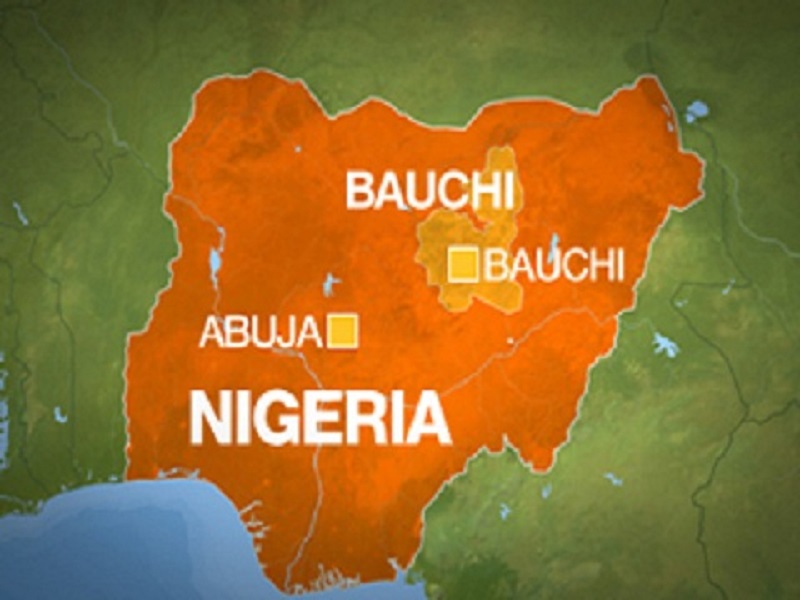From Yahaya Audu, Bauchi
The Head of Mass Communication Department, Federal Polytechnic Bauchi Malam Bello Madaki Beli has disclosed that combating corruption and promoting good governance required interventions of Public Relations Practitioners.
He made the disclosure while presenting a paper on Role of Public Relations in Combating Corruption and Promoting Good Governance at the monthly meeting of the Bauchi State Chapter, Nigeria Institute of Public Relations.
He said, interventions of public relations practitioners became imperative as they are impactful and positive on the larger society.
Bello Beli explained that Public Relations as a problem solving indtiturec required Research,Strategic planning, Counselling, Internal education, Communication/action, and Evaluation among others, He pointed out.
Public Relations relations has a vital role to play in combating corruption, the bane of the nation and in the promotion of good governance and for any nation to be free of corruption and have good governance, governments must take public relations seriously, especially in managing its information flow.
The Head of the Department, who is a member of the Institute, said success of many government programmes depends on the dispensation of adequate information about them to relevant publics, and observed that, good governance and the fight against corruption can be achieved when governments and people have a good understanding of the various communities.
“Culture promotes corruption as in most parts of Nigeria, politicians were confered with traditional titles as mark of ‘recognition for achievements’ they made in life while they have not do any thing to the development of their community”
He stressed the need for communities to reject anyone who acquires stupendous wealth overnight whose source that members of the society cannot explain as part of efforts to help in combating corruption in public service and promote good governance.
“corruption is no doubt a bane of the third world nations that has kept the countries backward since early 1960s, when many of them secured independence from their Western colonial masters with little inflow of resources and multitude of projects and programs waiting to be executed” Bello Madaki Beli said.







